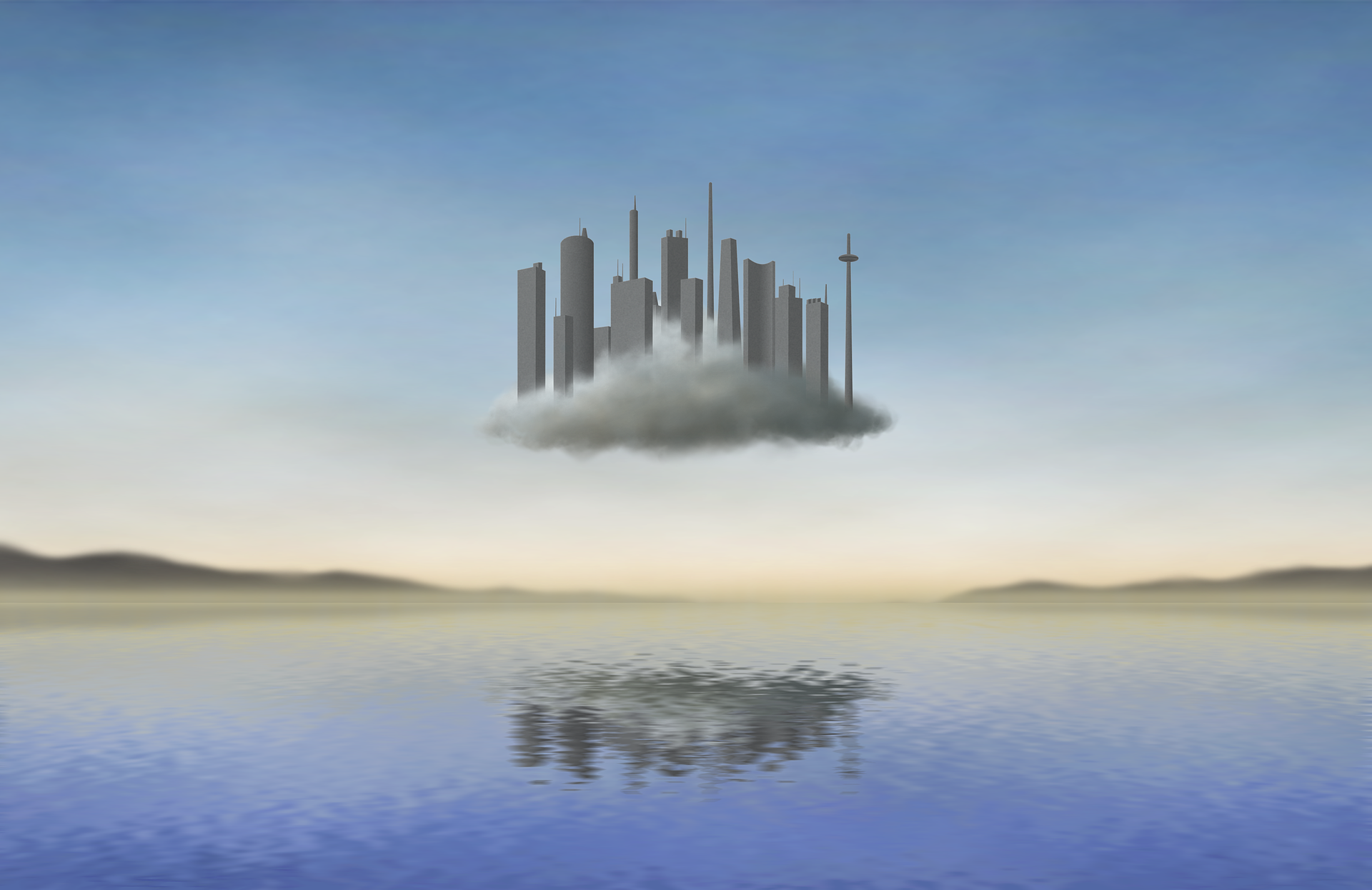“Sustainable development is development that meets the needs of the present without compromising the ability of future generations to meet their own needs. It contains within it two key concepts:
the concept of needs, in particular the essential needs of the world’s poor, to which overriding priority should be given; and
the idea of limitations imposed by the state of technology and social organization on the environment’s ability to meet present and future needs.”
This 1987 definition of sustainable development from the Brundtland Commission’s Our Common Future is still commonly cited. There are many other definitions out there and lots of discussion about definitions (see some examples here, here, here, here or here) but most of them do not go too far from the Brundtland definition – basically, live within our means, where “our” is all the people on the planet, and “means” is all the resources. But none of these definitions talk about what a sustainable world would look like.
This lack is very understandable – it’s very hard to describe something that doesn’t exist. That didn’t stop my masters thesis committee[1]William Rees, C. James Frankish and Rob Vanwynesberghe from asking me to do that. My response at the time was an 80-page introduction to my thesis written in the form of a teleography, or an autobiography written from a point in the future[2]Quite honestly, I thought I would be told to shorten it considerably or get rid of it, but my committee actually liked it and thought it could almost be a thesis in itself. That said, if you’re … Continue reading. It was a series of lectures I would give celebrating Earth Day in 2050, in a future where we had learned to live sustainably, covering our unsustainable past and our transition to a sustainable present. But even then I couldn’t be definitive about what the sustainable present looked like. Thus, I started the third “lecture” with something I’d written in the “far distant past” of 2004 about our sustainable future:
That we need to learn to live sustainably is no longer in doubt. We must transform or we will die. It will be a long hard road to travel, but travel it we must, because waiting will only make it harder. If we’re wise, we will start out now and keep going even though the start of the trail will be rough, keeping in mind that the destination we are trying to reach will be much better than our present reality. But what will guide us along the trail?
Our directions are simple – we need to recognize that we need to manage human affairs to address both poverty and ecological sustainability. We need to aim for voluntary simplicity and emphasize the achievement of sustainable living patterns as an overarching goal for everyone. We need to reduce our needs to live within our means, to strive to attain sustainable sufficiency. We need to ensure that future generations can continue to live, and to live well. We need to take our place among the rest of the species on the planet without trying to usurp what they need to live. We need to create a new future, one that learns from the past, but does not try to recreate it, since we can’t simply recreate our past simple life. We will recognize that we need to remake our current society and adopt a new paradigm, and that a sustainable future will require shifts.
As for how we’ll know when we get to sustainability? Well, we’ll know when we can look at those statements above and think to ourselves that we’re doing all of them, and doing them well. At the same time, we’ll realize that solutions can never be permanent because there are always new problems that come from solving the first set.
And what will it look like? Well, as with any journey to a never-seen but oft imagined place, we can only know the broad outlines of what it might look like. We’ll have to fill in the details when we get there. But I am pretty sure that instead of being a sacrifice, our sustainable destination will actually be a really nice place to live.[3]Slightly condensed and changed from the original (citations removed). The whole thesis is available here. This is from the beginning of section 1.3.
In short, we need to keep striving to live within our means, and we’ll know when we get there.
References
| ↑1 | William Rees, C. James Frankish and Rob Vanwynesberghe |
|---|---|
| ↑2 | Quite honestly, I thought I would be told to shorten it considerably or get rid of it, but my committee actually liked it and thought it could almost be a thesis in itself. That said, if you’re mostly interested in behaviour change and already convinced about sustainability, feel free to skip that chapter (see next note for link to the thesis). |
| ↑3 | Slightly condensed and changed from the original (citations removed). The whole thesis is available here. This is from the beginning of section 1.3. |


